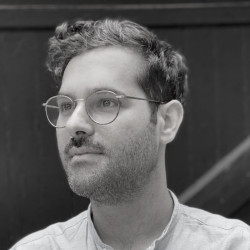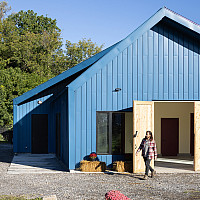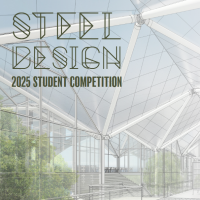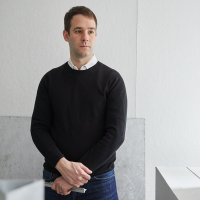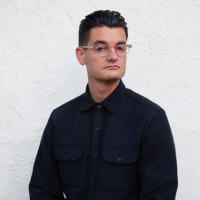Guillermo S. Arsuaga is an Architect and Ph.D. Candidate in History and Theory of Architecture at Princeton University School of Architecture. In 2022-2023, he will serve as a Mellon-Marron Research Consortium Fellow at the Museum of Modern Art, New York.
His research interests lay in the intersections among architecture, politics, borders, island territories, and internal colonization processes during the Cold War era. His dissertation, “Island Exceptions: The Building of a Minor Empire in the Late Franco Regime in Spain,” explores the ways in which architecture was crucial in sustaining an extreme environmental extraction that shifted the Franco Dictatorship from a Fascist autarkic phase in the 1940s to a liberalization of the economy in the 1960s and 1970s, which gained the favor of Western democracies. In so doing, he aims to develop a theory on internal colonization through the process of “islanding.”
His interdisciplinary work has been exhibited in several international venues, such as the Venice Biennale 2018 and the Gothenburg International Biennial of Contemporary Art. Arsuaga’s research has been supported by the Swedish Committee for Contemporary Art, the Princeton Institute for International and Regional Studies, and the Center for Digital Humanities.
Quick links
Syracuse Architecture
- home
- school
- programs
- admissions
- people
-
resources
- Resources
- Academic Advising
- Calendar
- Career Services
- Lecture Archive
- Library Services
- Living Learning Communities
- Lou Kearns Supply Store
- Room Availability
- Scholarships
- Student Organizations
- Technology
- alumni
Guillermo S. Arsuaga
201 Slocum Hall
Syracuse NY 13244
(315) 443–2256
Contact Us
school
programs
admissions
people
resources
- Resources
- Academic Advising
- Calendar
- Career Services
- Lecture Archive
- Library Services
- Living Learning Communities
- Lou Kearns Supply Store
- Room Availability
- Scholarships
- Student Organizations
- Technology
